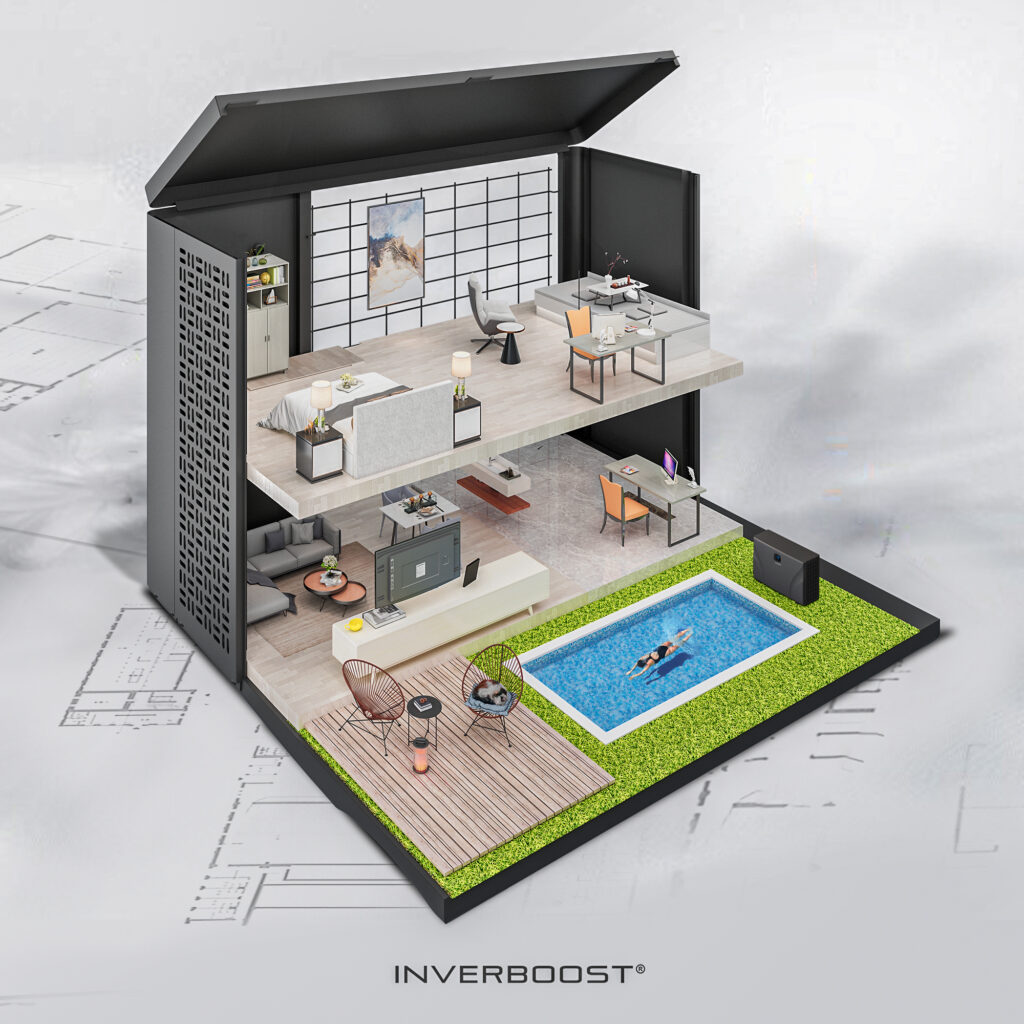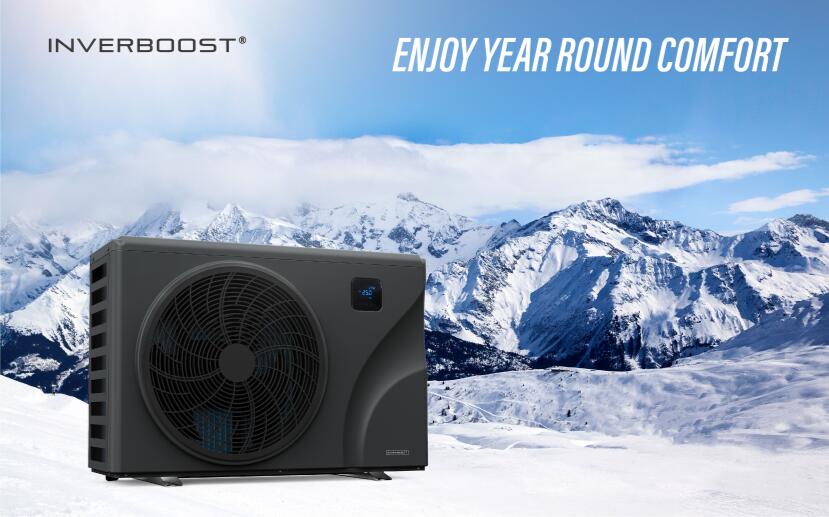A well-maintained pool heat pump can extend the life of your heating unit and your enjoyment of the pool. Regular pool heater maintenance helps your pool run smoothly and with more efficiency, saving you time and money.
If the INVERBOOST pool heat pump is properly installed and maintained can last five to ten years or longer before the replacement and upgrade. However, if you follow these maintenance guides, many common problems can be avoided and the lifespan of your pool heater will be extended.
Your INVERBOOST pool heat pump does not require any maintenance. The major thing you have to pay attention to keeps the pump free of debris; such as leaves or pine needles and occasionally ensure there are no rodents nesting inside or chewing on wires.
Regular pool heat pump maintenance makes your pool run smoothly and with more efficiency, saving your time and money. Now, before you run outside to start maintaining your INVERBOOST pool heat pump, it’s important to note that only trained pool professionals could work on your pool heat pump.
If you’re having pool heat pump problems, please contact your pool professional right away, and DO NOT try to fix it yourself!

Here Are Two Easy Ways You Can Help Maintain Your INVERBOOST Pool Heat Pump:
WATER CHEMISTRY
The pH level of your pool is very important. The Center for Disease Control (CDC) recommends a pH level of 7.2 to 7.8. Not only can the water’s chemistry affect your health, but incorrect water chemistry can damage your pool’s equipment.
If your pool water is too acidic, it can corrode a gas heat exchanger and prevent the unit from working properly.
Pool heaters have titanium heat exchangers, which are less corrosive and susceptible to damage from water chemistry. However, it’s still important to monitor your pool’s water chemistry.
FILTER MAINTENANCE
Did you know your filter needs to have regular maintenance to ensure your INVERBOOST pool heater works efficiently? That’s right! If there is a buildup of debris in your filter, water may not be able to flow freely through the system.
Irregular water flow can prevent gas heaters from igniting or pool heaters from turning on. In most cases, the pressure sensors that control the heating cycles only work if the filter is clean and the water flow is steady. So help maintain your pool heater by checking your water chemistry and filter regularly!
Proper Ventilation & Humidity Control

Swimming pool rooms require proper ventilation in order to control the indoor humidity and condensation caused by the large amounts of evaporation. Without effective dehumidification and ventilation, you risk the appearance of mold, corrosion, structural damage, and an uncomfortable pool environment.
Mold and mildew feed in warm, moist environments plus chlorine added to the warm air attacks ferrous metals and accelerates damaging corrosion. Another issue with high humidity is wood rot.
A dehumidifier cools the air down to condense the moisture out and then reheats the air back to room temperature. A dehumidifier provides virtually no heat to the pool or room though.
Winterizing Your Pool Heat Pump
During the winter months, it is important to remove water from your pool heater, PVC pipes, pump, and filter to avoid damage from ice. Water expands when it freezes and may lead to leaks or pipes bursting if you leave water in equipment during the winter months. This kind of damage will require replacement.
You are not subjected to winterizing your swimming pool. If you have a pool heater and you’re still going to operate and swim in your pool. Then the best thing to do is to keep the pool water flowing. If there is constant movement between all the pipes, damage shouldn’t occur. The only time the pipes would freeze over is if the water is still. Therefore there is an alternative option if you wanted to still use your swimming pool in the off-season.
If you decide to drain your pool pumps & pipes of water and close down your pool for the off-season, then you will want to invest in a pool cover. Pool covers protect your pool heat pump from snow, ice, rain, leaves, sand, pine needles, dust, and other harsh elements. One of the benefits of investing in a pool cover is that your pool unit will look better and last longer for years to come.


